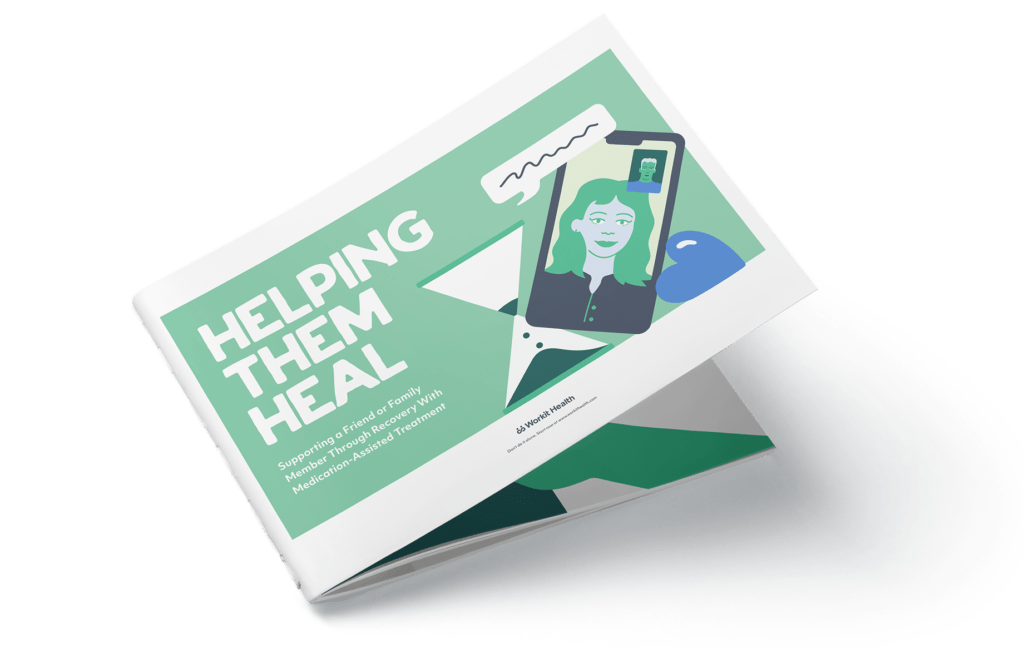For the first decade since I was introduced to the idea of sobriety, giving up marijuana was something I never wanted to or thought I would do.
Until I met my favorite comedian, whom I didn’t even know was sober. He told me that marijuana was actually his drug of choice, that he’d been clean from it over a decade, and how much better life was now. “Marijuana dampens the dreaming mechanism,” he said, and I saw how that applied to both dreaming and waking life.
This was the genesis of my achieving complete and continuous sobriety – as of this writing, I have over 14 months since I last smoked pot, and several more since I have drank or done any other type of drug. A few months ago, I invited him to celebrate my year of continuous sobriety midday on a Sunday. He said yes, then didn’t show up. “Mornings are hard for me,” he texted.
A week later, when I went to see him perform, he confessed that he had been smoking weed again.
Once I got over my shock, I realized that I cannot be the only person that has experienced, or will experience this. Sobriety is perfect, but sober people are human – and we make mistakes.
I’ve come to think of sobriety like money in the bank. In a perfect world, it continues to grow and grow and grow. But in reality, sometimes we don’t feel like working, and the money stops going in. Sometimes we spend it faster than we make it. Sometimes our balance hits zero, below zero. That is when we relapse.
It would be understandable if, at this point, the point where someone you credit for your sobriety, or, if you aren’t sober, someone that makes you think maybe someday you could be, that has a life you want so badly that you were willing to do what it takes or contemplate doing what it takes to get and stay sober, relapses, that you relapse too, or give up on the idea forever. But you do not have to! Just because it’s understandable, doesn’t mean it’s worth it. Here are five ways I found helpful to cope and move forward when someone you look up to relapses.
-
Let yourself feel it all
Shock, disappointment, anger? Let it flow through you. This is an important stage of dealing. Sit in a room with no distractions and identify and feel all the feelings you have around this. This is how you will know what to do next. This is how you will process. It’s okay to feel. It’s okay to cry. Keep telling yourself this, and eventually, you will believe it.
-
Go talk about it
Talk about it to the right people, to people that are also sober. You don’t have to name names, you don’t have to talk trash. You can talk about how scared, disappointed, affected you are. You may find that you aren’t the only person who has experienced this. The realization that you are not alone with any problem in sobriety is money in the bank.
-
Expand your sober network
Use this as an opportunity to meet more sober people. There are so many ways! Facebook has many sober groups, you can make friends through sober hashtags on Instagram, and there are non-12-step related groups like Bridge Club (women & non-gender-conforming individuals only) that meet regularly for sober gatherings. Breathwork for recovery is another great way to connect to sober friends. A quick google search will reveal more options in your area. The more people you connect with in sobriety, the more connected you will be to sobriety, even if you aren’t sober. And they can’t ALL relapse at once. Remember this platitude: I get drunk. We get sober.
-
Examine what they were doing/not doing, and also yourself
If the person is someone you have access to, and they’ve returned from their relapse, you may want to ask them about the months leading up to their relapse. Did they start to spend more time around people who drink and use? Stop meditating? Let resentments build up? It may seem like it comes out of nowhere, but looking backward from there, there are always warning signs. Use that as an opportunity to recommit to your sobriety, or the idea of sobriety and not do those things. I’ve found time and time again that the things I did to get sober always work to help me get back on track when I feel myself sliding toward relapse.
-
If you are sober, reach out to help them
I saved this for last because it is by far the most powerful. Perhaps now it is you with the abundance of sobriety in the bank, and more flowing in. Reach out and offer some to this human. Care about them enough to accept them as human beings with flaws and along the way, you will find that you deepen your self-acceptance. Ask how you can support them, be there to listen. Hold space for them, the art of unconditional presence.
Our handle on sobriety in any given moment is like this quote from Goodfellas,
“Sometimes you’re flush and sometimes you’re bust, and when you’re up, it’s never as good as it seems, and when you’re down, you never think you’ll be up again, but life goes on.”
It’s okay to feel let down or any combination of emotions when someone you idolized falls. It is your responsibility to process those emotions and to utilize them to strengthen your own recovery. And then, the greatest thing you can possibly do in life – help them back up.
We all fall down. And if your person isn’t so lucky to have another chance to get back up again, if the relapse takes their life, or if they don’t have the strength or desire to return to recovery, you can help someone else in their honor. There is always someone who does want to get sober. And you are now, or presently may be, a person uniquely qualified to help those who haven’t gotten to where you have yet. To maybe become a person someone else looks up to. To become a person that your past self would have looked up to, that your current self will.
This quote says it best,
“I love when people that have been through hell walk out of the flames carrying buckets of water for those still consumed by the fire.” – Stephanie Sparkles
I believe in you.





